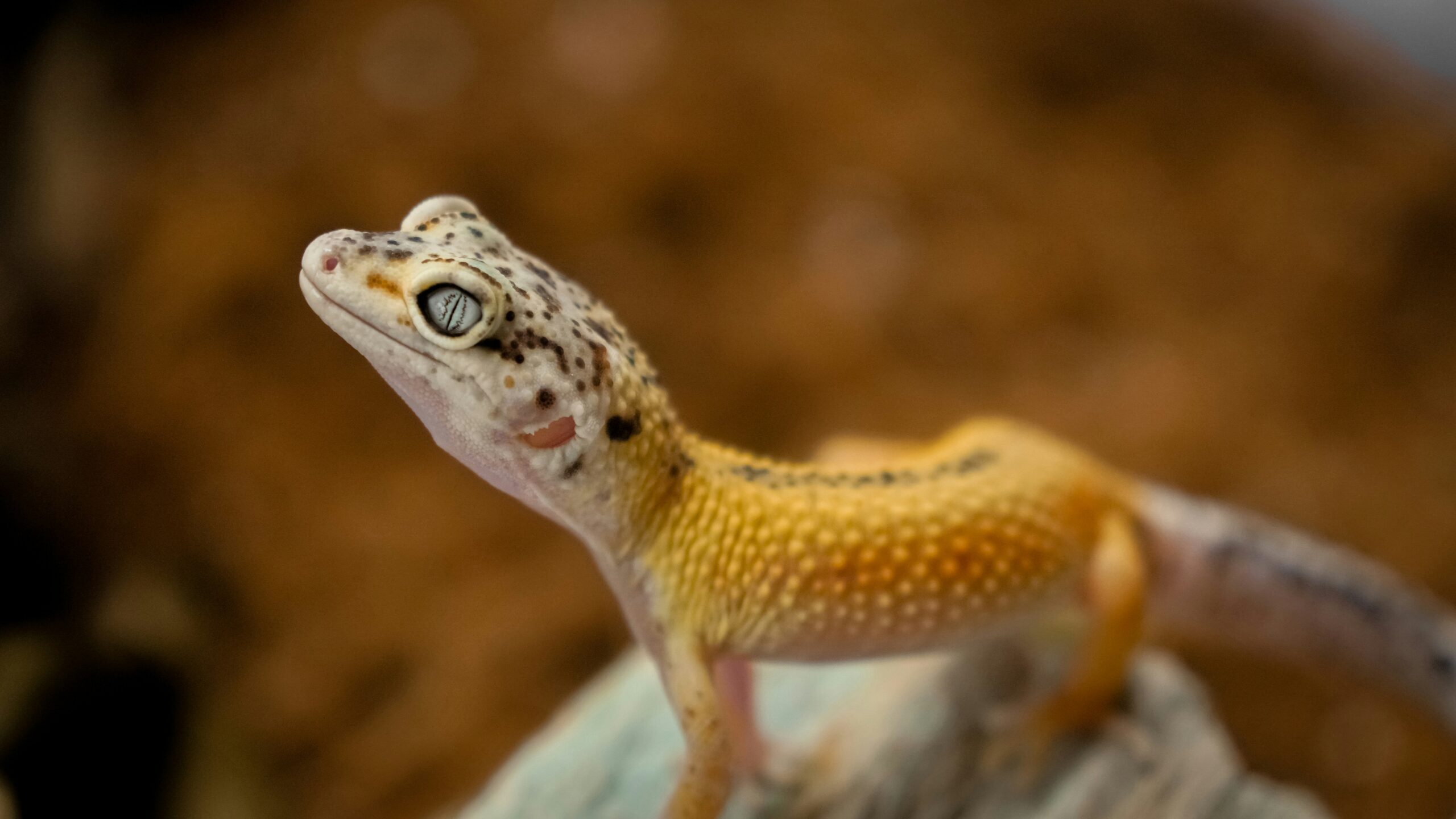Exploring the world of exotic pets offers a unique opportunity to connect with uncommon and fascinating animals. As we navigate 2025, several exotic species have gained popularity among pet enthusiasts. However, it’s crucial to understand the responsibilities, legal considerations, and ethical implications associated with owning such pets. This guide highlights the top 10 most popular exotic pets you can own in 2025, along with insights into their care requirements and legal status.
1. Capybara
The capybara, the world’s largest rodent, has become a sought-after pet due to its gentle and social nature. Native to South America, capybaras require ample space, a water source for swimming, and companionship, preferably of their own kind. Before considering a capybara as a pet, ensure that ownership is legal in your state and that you can meet their complex care needs.
2. Fennec Fox
Recognized for their large ears and playful demeanor, fennec foxes are small nocturnal animals native to the Sahara Desert. They require a diet similar to that of a cat, along with plenty of exercise and mental stimulation. It’s essential to check local laws, as fennec fox ownership is restricted or prohibited in certain areas.
3. Kinkajou
Kinkajous are rainforest mammals known for their playful and curious nature. They are nocturnal and require spacious enclosures with plenty of climbing opportunities. Their care can be challenging, and they are illegal to own in some states. Notably, a kinkajou was found in Washington state, highlighting the issues surrounding exotic pet ownership and potential abandonment.
4. Savannah Cat
A hybrid between a domestic cat and a serval, Savannah cats are known for their striking appearance and high energy levels. They require plenty of space and mental stimulation. Ownership laws vary, with some states imposing restrictions or bans. For instance, the New York State Senate passed legislation in 2025 expanding the ban on certain exotic animals, which may include hybrids like the Savannah cat.
5. Wallaby
Smaller relatives of kangaroos, wallabies are marsupials that require large outdoor enclosures and a diet of grasses and specialized pellets. They are legal to own in some states but may require permits. It’s important to research and comply with local regulations before considering a wallaby as a pet.
6. Skunk
Domesticated skunks can be playful and affectionate pets. They require a diet similar to that of a cat and need regular veterinary care. Ownership is illegal in some states and may require permits in others. For example, skunk ownership is regulated in Pennsylvania, and potential owners should consult local laws and resources.
7. Meerkat
Meerkats are small, social mammals native to Africa. They require complex social interactions and a diet that can be challenging to replicate in captivity. Ownership is illegal in many areas due to their specific needs and potential impact on local ecosystems. Prospective owners should thoroughly research and consider the ethical implications before seeking a meerkat as a pet.
8. Tarsier
Tarsiers are small primates known for their large eyes and nocturnal habits. They have highly specialized care requirements and are generally not suitable as pets. Moreover, tarsiers are protected in many regions, making ownership illegal. It’s advisable to admire these unique creatures in their natural habitats or reputable sanctuaries.
9. Stoat (Short-Tailed Weasel)
Stoats are small carnivorous mammals with a high metabolism and specific dietary needs. They are not commonly kept as pets and may be illegal to own in many areas. Their elusive nature and care requirements make them unsuitable for most pet owners.
10. Exotic Birds
Exotic birds, such as parrots and macaws, are popular for their vibrant plumage and intelligence. They require significant social interaction, mental stimulation, and a diet tailored to their species. Ownership laws vary, and some species are protected under international treaties. Ensure you acquire birds from reputable sources and comply with all legal requirements.
Legal and Ethical Considerations
Before acquiring an exotic pet, it’s imperative to research and understand the specific laws in your state or country. Some animals may require permits, while others are outright banned. Ethically, consider the animal’s welfare, the environmental impact, and the potential risks to local ecosystems. Organizations like Born Free USA provide resources on the dangers and ethics of keeping exotic pets.
Conclusion
Owning an exotic pet can be a rewarding experience, but it comes with significant responsibilities. Ensure you are fully informed about the care requirements, legalities, and ethical considerations before bringing an exotic animal into your home. Always prioritize the well-being of the animal and the safety of your community.






